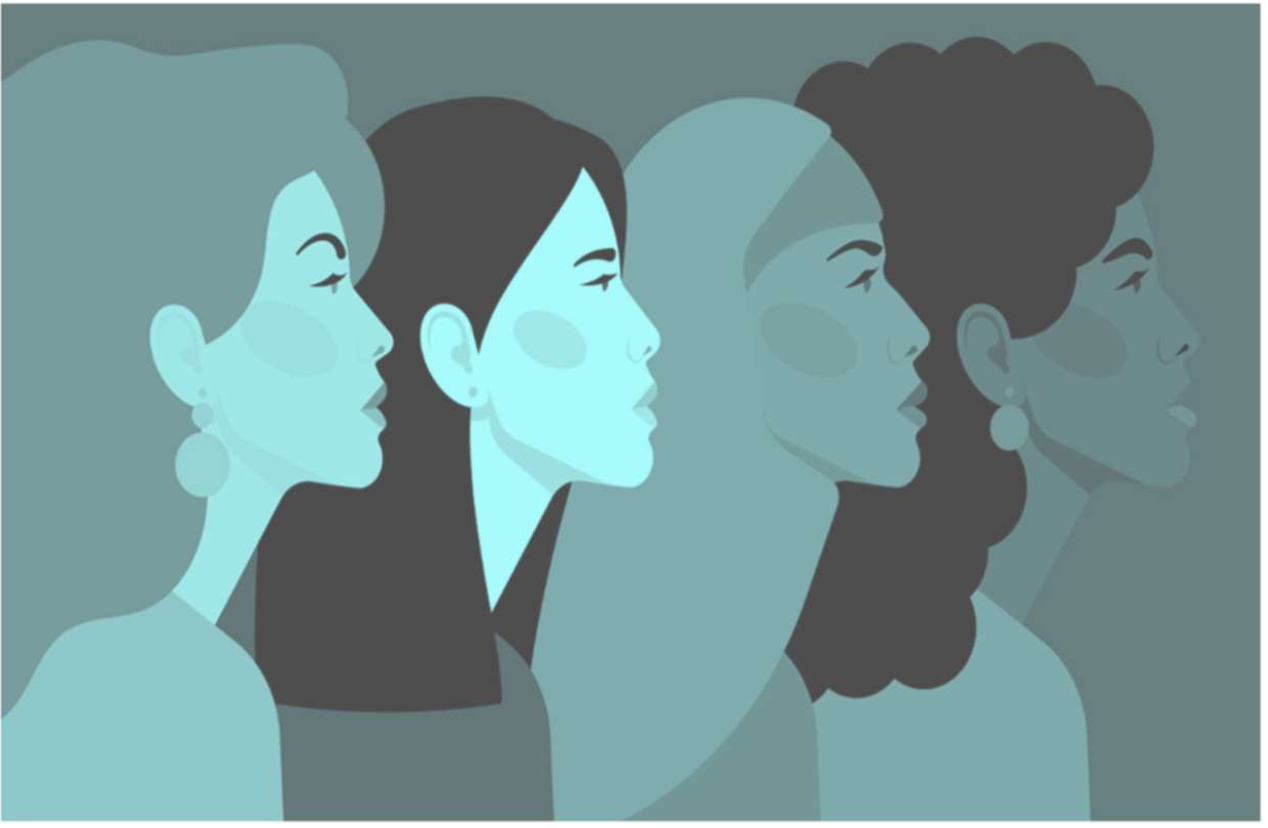Washington, DC
– According to an
analysis
by the
Institute for Women’s Policy Research
(IWPR) of the May employment report from the U.S. Bureau of Labor Statistics (BLS), job growth for women improved in April compared to the previous month. Of the 165,000 total jobs added to nonfarm payrolls, women gained 117,000 jobs (71 percent) while men gained 48,000 jobs (29 percent).
Women’s employment growth in April was aided by growth in Professional and business services (35,000 jobs added for women), Retail trade (32,500 jobs added for women), Education and health services (25,000 jobs added for women) and Leisure and hospitality (23,000 jobs added for women). While Government jobs decreased by 11,000 overall, women’s employment in this industry remained steady.
IWPR
analysis
of the BLS payroll data shows as of April, women have regained 83 percent (2.3 million) of the total jobs they lost in the recession from December 2007 to the trough for women’s employment in September 2010 (2.7 million). Men have regained over 65 percent (3.9 million) of the jobs they lost between December 2007 and the trough for men’s employment in February 2010 (6 million). In the last year, from April 2012 to April 2013, of the 2.1 million jobs added to payrolls, 1 million or 49 percent were filled by women, and 1.1 million or 51 percent were filled by men. The gap between women’s and men’s employment is 1.8 million jobs in April, substantially less than at the start of the recession (3.4 million jobs in December 2007).
According to the household survey data reported by the BLS, the unemployment rate for women aged 16 and older decreased to 7.3 percent in April from 7.6 percent in March. The unemployment rate for men aged 16 and older increased slightly from 7.6 percent in March to 7.7 percent in April. Among single mothers, the unemployment rate was 10.3 percent in April compared to 10.7 percent in March. As of April, 11.7 million workers remain unemployed.
The Institute for Women’s Policy Research (IWPR)
is a 501(c)(3) tax-exempt organization that conducts rigorous research and disseminates its findings to address the needs of women and their families, promote public dialogue, and strengthen communities and societies.
-END-


